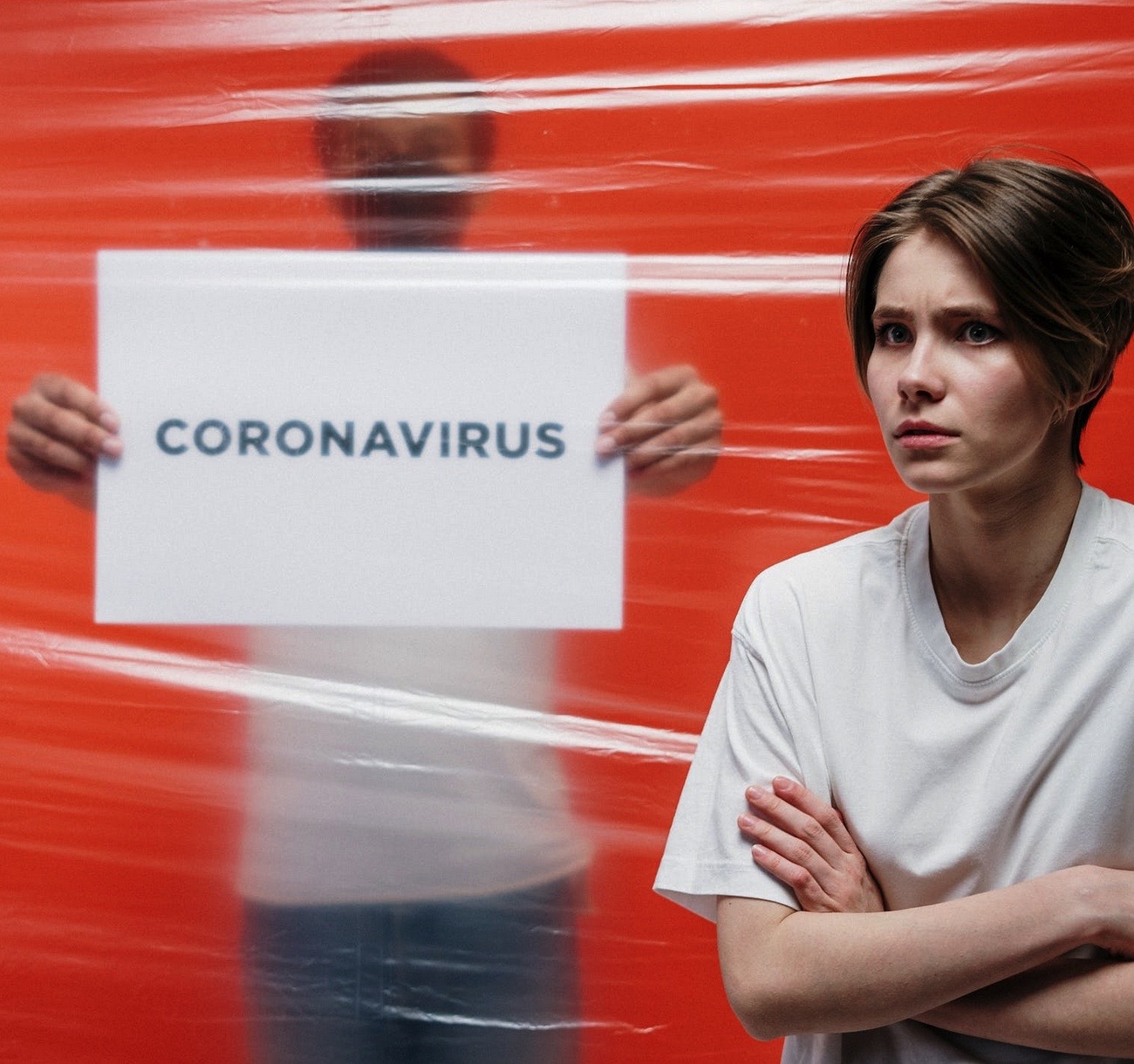The extended unconscious group field and metabolization of pandemic experience: dreaming together to keep cohesion alive

Submitted: June 19, 2022
Accepted: November 28, 2022
Published: December 29, 2022
Accepted: November 28, 2022
Abstract Views: 716
PDF: 365
HTML: 18
HTML: 18
Publisher's note
All claims expressed in this article are solely those of the authors and do not necessarily represent those of their affiliated organizations, or those of the publisher, the editors and the reviewers. Any product that may be evaluated in this article or claim that may be made by its manufacturer is not guaranteed or endorsed by the publisher.
All claims expressed in this article are solely those of the authors and do not necessarily represent those of their affiliated organizations, or those of the publisher, the editors and the reviewers. Any product that may be evaluated in this article or claim that may be made by its manufacturer is not guaranteed or endorsed by the publisher.
Similar Articles
- Olga MarÃa Fernandez, Mariane Krause, Janet Carola Pérez, Therapeutic alliance in the initial phase of psychotherapy with adolescents: different perspectives and their association with therapeutic outcomes , Research in Psychotherapy: Psychopathology, Process and Outcome: Vol. 19 No. 1 (2016): Special issue on Qualitative and Quantitative Research in Child and Adolescent Psychotherapy: part 2
- Marco Solmi, Mara Campeol, Federica Gentili, Angela Favaro, Carla Cremonese, Clinical presentation and need for treatment of a cohort of subjects accessing to a mental illness prevention service , Research in Psychotherapy: Psychopathology, Process and Outcome: Vol. 23 No. 1 (2020)
- Diego Rocco, Vincenzo Calvo, Vito Agrosì, Francesca Bergami, Luce Maria Busetto, Silvia Marin, Giovanna Pezzetta, Luca Rossi, Lorenzo Zuccotti, Allan Abbass, Intensive short-term dynamic psychotherapy provided by novice psychotherapists: effects on symptomatology and psychological structure in patients with anxiety disorders , Research in Psychotherapy: Psychopathology, Process and Outcome: Vol. 24 No. 1 (2021)
- Joseph Firth, Felipe Schuch, Vijay A. Mittal, Using exercise to protect physical and mental health in youth at risk for psychosis , Research in Psychotherapy: Psychopathology, Process and Outcome: Vol. 23 No. 1 (2020)
- Jan Roubal, Roman Hytych, Michal Čevelíček, Tomáš Řiháček, Personal therapeutic approach in Gestalt therapists working with clients suffering from medically unexplained psychosomatic symptoms , Research in Psychotherapy: Psychopathology, Process and Outcome: Vol. 24 No. 3 (2021)
- John E. Lothes II, Kirk D. Mochrie, Emalee J.W. Quickel, Jane St. John, Evaluation of a dialectical behavior therapy-informed partial hospital program: outcome data and exploratory analyses , Research in Psychotherapy: Psychopathology, Process and Outcome: Vol. 19 No. 2 (2016)
- Santo Di Nuovo, What research for what training in psychotherapy? Some methodological issues and a proposal , Research in Psychotherapy: Psychopathology, Process and Outcome: Vol. 22 No. 3 (2019)
- Deborah Badoud, Eva Rüfenacht, Martin Debbané, Nader Perroud, Mentalization-based treatment for adults with attention-deficit/hyperactivity disorder: a pilot study , Research in Psychotherapy: Psychopathology, Process and Outcome: Vol. 21 No. 3 (2018)
- Alessandro Talia, Svenja Taubner, Madeleine Miller-Bottome, Advances in research on attachment-related psychotherapy processes: seven teaching points for trainees and supervisors , Research in Psychotherapy: Psychopathology, Process and Outcome: Vol. 22 No. 3 (2019)
- Ante Silić, Jakša Vukojević, Ilaria Čulo, Hrvoje Falak, Hikikomori silent epidemic: a case study , Research in Psychotherapy: Psychopathology, Process and Outcome: Vol. 22 No. 2 (2019)
<< < 14 15 16 17 18 19 20 21 > >>
You may also start an advanced similarity search for this article.

 https://doi.org/10.4081/ripppo.2022.646
https://doi.org/10.4081/ripppo.2022.646





